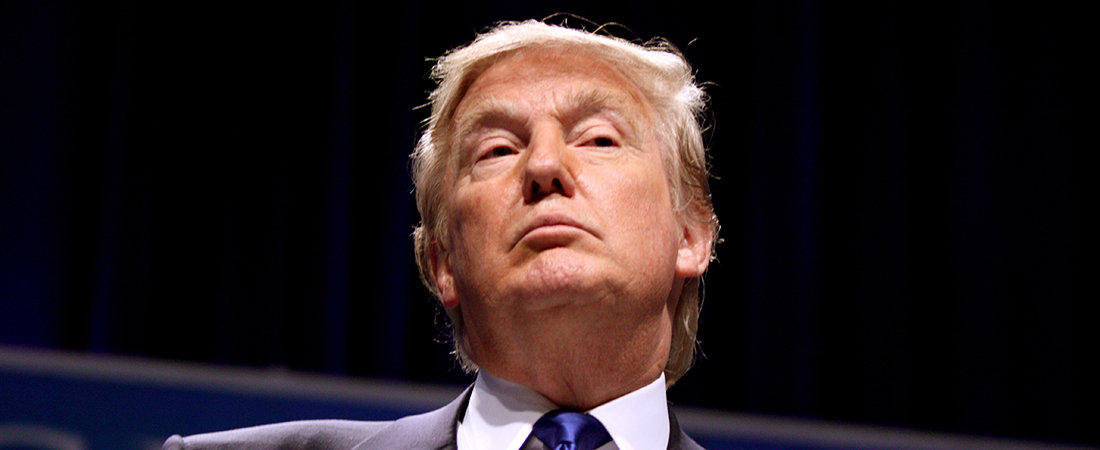A Washington Post survey, released 15 December 2017, found that 58% of Americans believe that overall 2017 was a bad year for the United States. This is true despite unemployment going down and the stock markets going up, however the same survey found 68% of Americans believe 2017 was good for them personally.
Why the contradiction?
Two words: President Trump.
In the eyes of the 30-35% of US citizens, who continue to support the U.S. President, 2017 was a banner year. For the remaining 65%-70%, not so much.
President Trump influences the conversation in a way that no other U.S. President before him has. While many of his tweets and statements have focused on the personal, the underlying debates have often been substantive. Healthcare reform and the future of “Obamacare” dominated the headlines for six months; immigration reform (refugee bans, DACA, the wall) spurred a flurry of public protests; the relationships with North Korea, Iran, Israel, China and Russia, among others, have all been in the news; and the “huge tax cut” was finally passed as this year came to a close.
2018 is a mid-term election year, one in which Democrats have a reasonable opportunity to regain control of the House of Representatives and set the stage for a takeover of the U.S. Senate in 2020. This means Republicans will now find passing legislation even more difficult than before and compromise, while stymied by partisan considerations in 2017, will be nearly impossible next year.
There are issues that must be confronted: Congress must fund the government, either by passing an omnibus appropriations bill, or via a long-term Continuing Resolution which will require support from both parties. The future of the Affordable Care Act and the now-expired Children’s Health Insurance Program (CHIP) must be addressed. Democrats will be seeking permanent legal status for the offspring of illegal immigrants brought to the U.S. as children and foreign policy challenges will no doubt continue.
Another cloud looming over the American political landscape is the ongoing Russia investigation, led by Special Prosecutor Robert Mueller and his team, which has yet to fully unfold.
President Trump will continue to drive the narrative in 2018 and Democrats, emboldened by the Russia investigation and 2017 victories in Virginia and Alabama, will remain defiant.
Many Republicans will look for ways to keep the pro-Trump base happy while expressing appropriate concern about Trump’s statements, tweets and/or policies when necessary.
Amid the uncertainty, there is one sure thing: Americans will remain polarised through 2018 and beyond.

